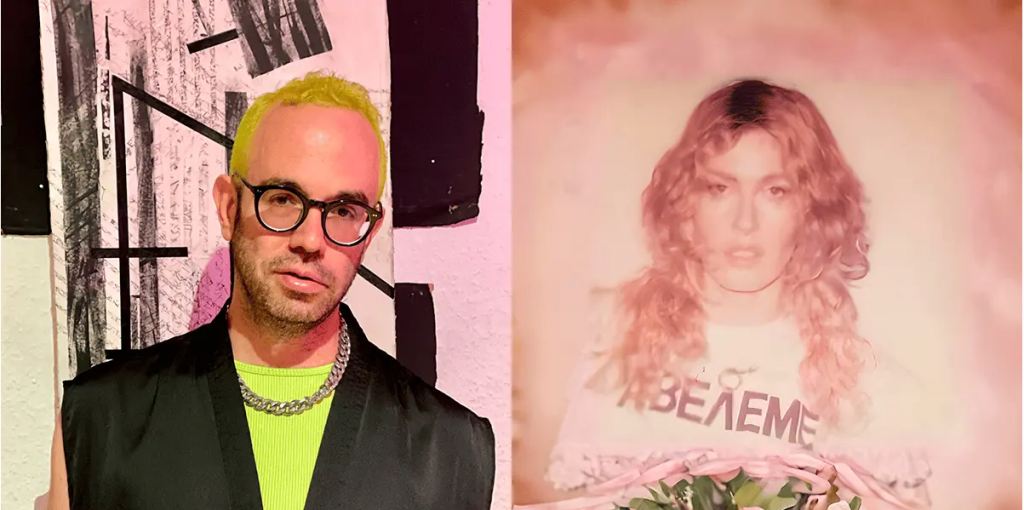MUSAE: Introducing the Visionary Winners of MUSAE 1st Open Call in Serbia
MUSAE aims to set up a Human-Centred Factory Model, based on the Design Future Art-driven (DFA) method, and integrate it into a (European) Digital Innovation Hubs (DIHs) network, to support companies in guiding strategic digital technology innovation and address future challenges in the food domain to improve people and planet wellbeing. MUSAE will establish a deep connection with the S+T+ARTS ecosystem, bringing together expertise in design, art, nutrition and wellbeing, and human-machine interaction. MUSAE will run 20 S+T+ARTS residencies involving 20 artists and 10 tech companies working with 3 main technologies – Artificial Intelligence, Wearables, and Robotics – to envision 10 future scenarios for technology applications and design 10 prototypes, thus opening up new markets and innovations. To validate replicability, MUSAE will set up and activate one Factory within the DIH partner and create the Factory Model Pack and the Label that will allow other DIHs to adopt it.
The Winners
We are delighted to announce the results of MUSAE’s first open call in Serbia. The project partners together with external evaluators had the challenging task of choosing 2 outstanding projects which envision future potential to improve human and planetary well-being. We are excited to work with these two talented Serbian artists and look forward to the end scenarios. We would like to take this opportunity to wish the artists the very best of luck on this journey.
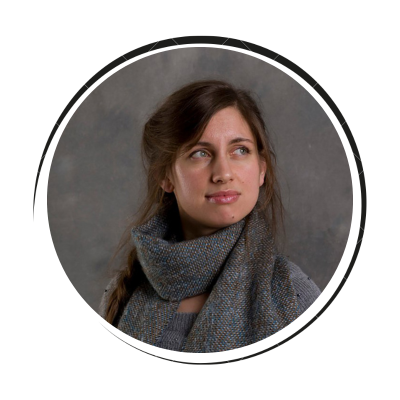
Artist Name: Katarina Andjelkovic
Artist Website: artsbg.academia.edu/KatarinaAndjelkovic
Name of the Project: HEALTHY FOOD PROTOCOLS
Project Description:
The current environmental, political, and economic crises added urgency to address new strategies for designing healthy and equitable communities and bringing closer the future well-being of the most vulnerable members of our society. The project has been conceived as a multifaceted program of social equity, health and well-being. It deals with operations and protocols that contribute to a sustainable, social, and united economy of food chain production. I ask how to improve the performance of the healthy food chain in big cities by adopting the scenario of a community urban farm.
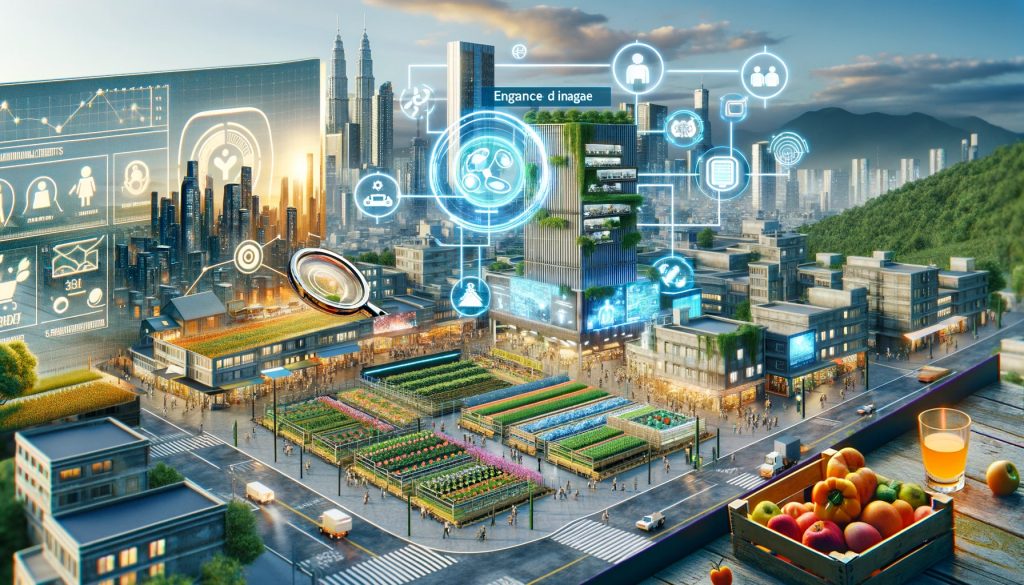
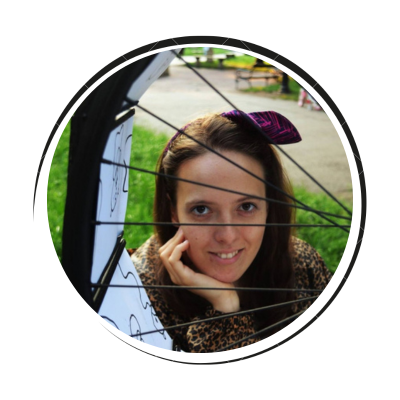
Artist Name: Irena Djukanovic
Artist Website: Irena Djukanovic
Name of the Project: POETRY OF NUTRITION
Project Description:
The project is conceived as an idea of using a soft robot to depict the humane and in-human treatments of any other form of life through the most direct approach – nutrition. Representing a humanimal kind of creature the soft robot is treated with diverse nutrition from healthy, to averagely genetically modified or even toxic nutrients. The being that the robot represents is a test organism for how (in) humane we all can be even when we are aware of consequences while searching for how that can change.
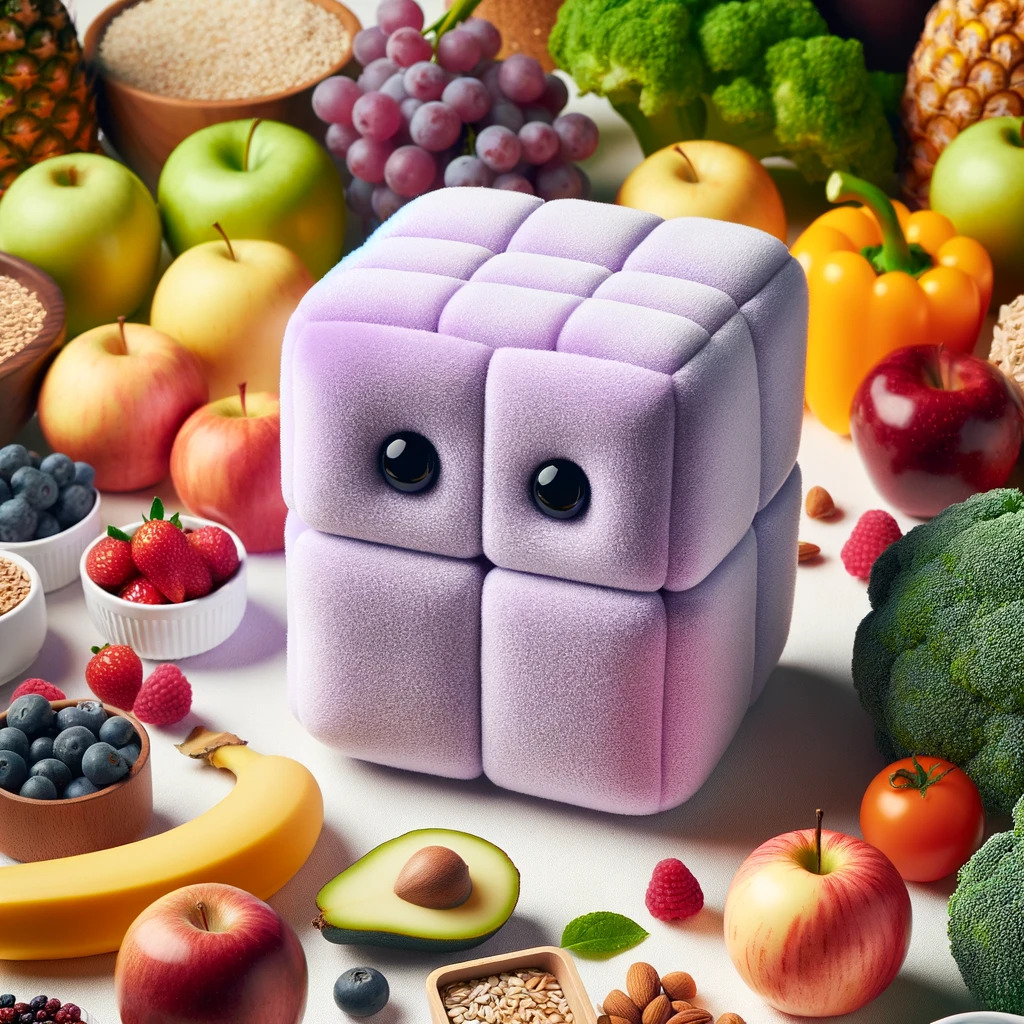
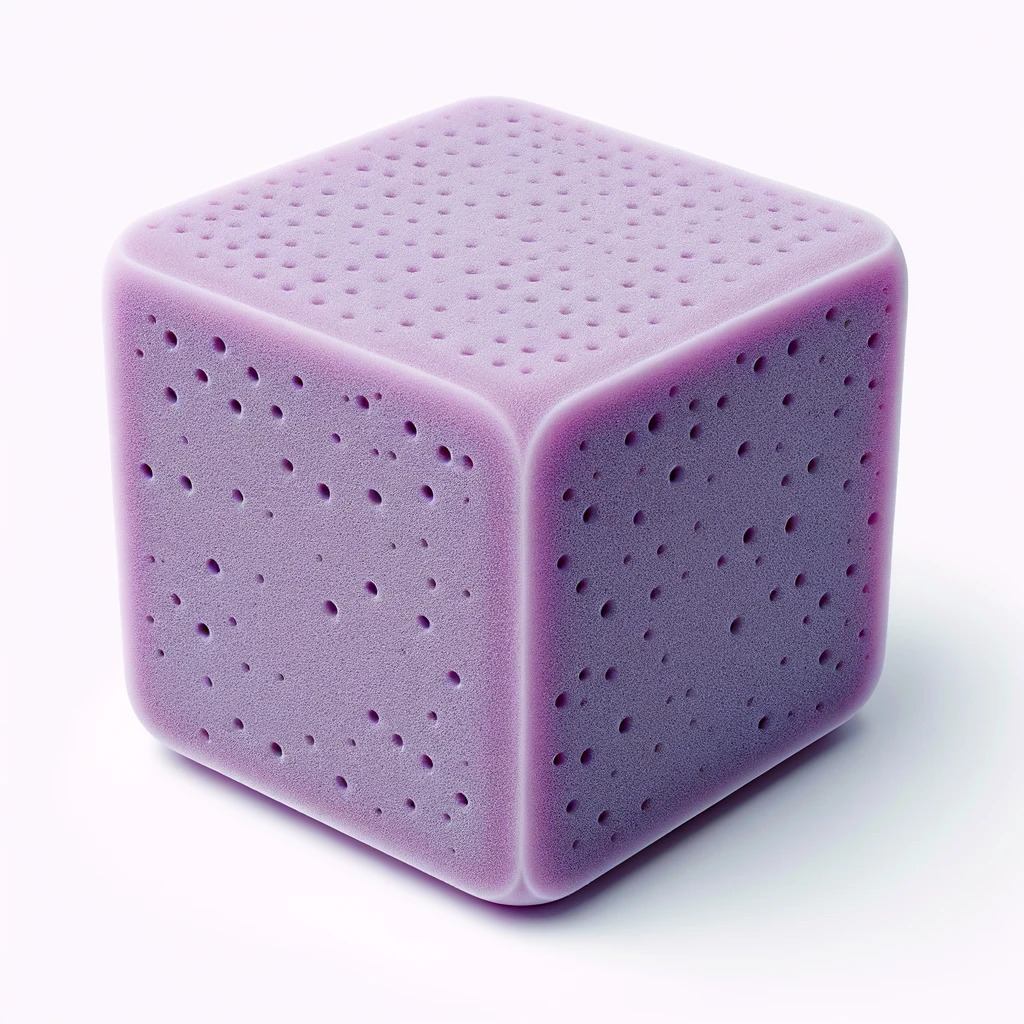
MUSAE First Art-Tech Residency
Selected artists will participate in the first MUSAE residency program, whereby following and applying the Design Futures Art-driven (DFA) method and receiving mentoring support, they will develop future scenarios as critical visions of the future, based on one of the three thematic tracks and with a critical reflection on one of the technologies – AI, Robotics, and Wearables.
About
MUSAE is a Horizon Europe project that defines an innovative model to integrate artistic collaboration in the (European) Digital Innovation Hubs (E-DIHs) through the Design Futures Art-driven (DFA) method to help companies anticipate innovative products and services for the future of food to improve human and planetary well-being. Based on the innovative DFA methodology based on creativity, art-driven innovation, and future thinking to guide tech-driven businesses in envisioning new solutions using Artificial Intelligence (AI), Robotics, and Wearables technologies to improve the sustainability of the food value chain.
MUSAE aims to bring together artists, SMEs, and experts in the field of nutrition and technologies to collaborate by exploring future scenarios and creating ground-breaking solutions that address some of the most pressing issues facing our society today in food systems.
More info about the MUSAE project –
MUSAE Open Call Thematic Tracks
The proposal of applicants should address one of the three thematic tracks, which are recognized as emerging trends in the area of Food as Medicine:
Reducing Carbon Footprint in Dietary Behavior
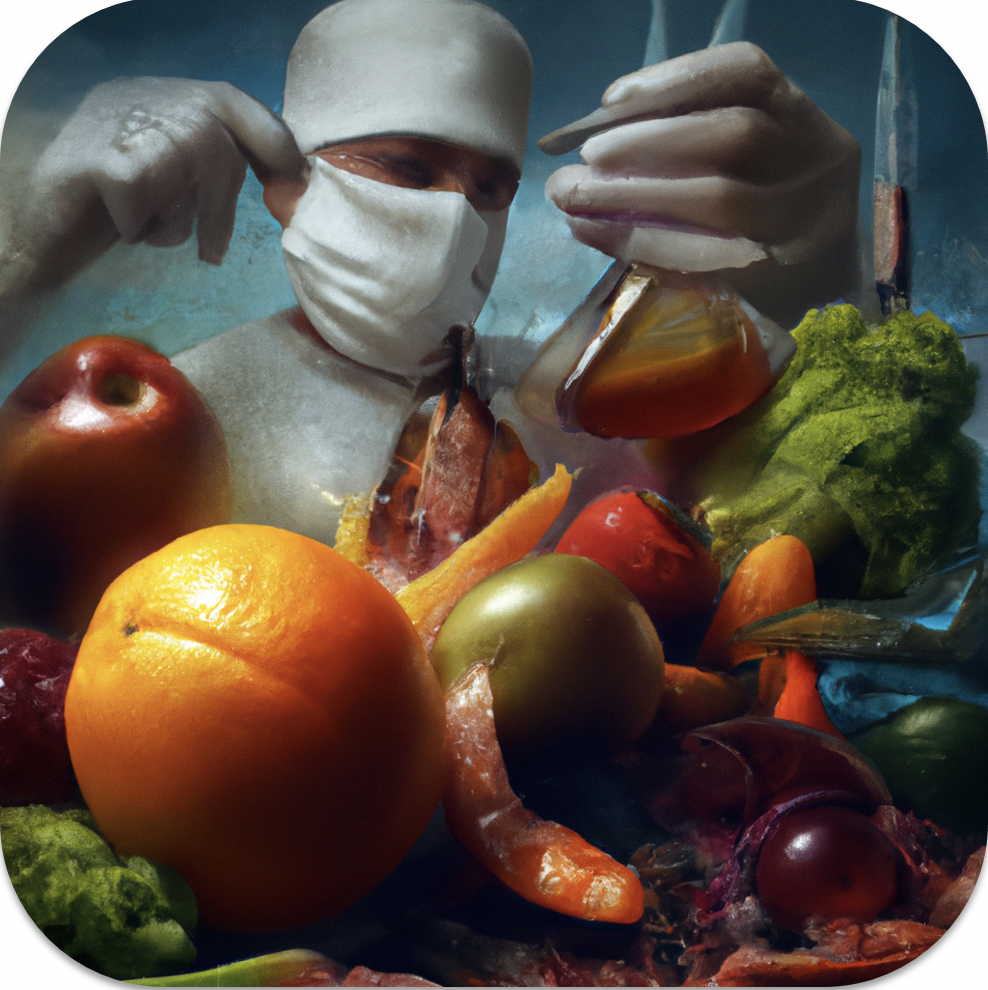
The population of the world is expected to rise to between 9.4 to 10.2 billion by 2050. With this increasing population comes an increasing demand for food. In order to provide enough nutritious food for future generations we must change our dietary habits and switch to more sustainable eating patterns.
–How can we switch to more sustainable diets while meeting our nutrient requirements?
–How can we produce foods with lower carbon footprints?
–Are new meat alternatives healthy?
Role of Food in Holistic Human Well-Being
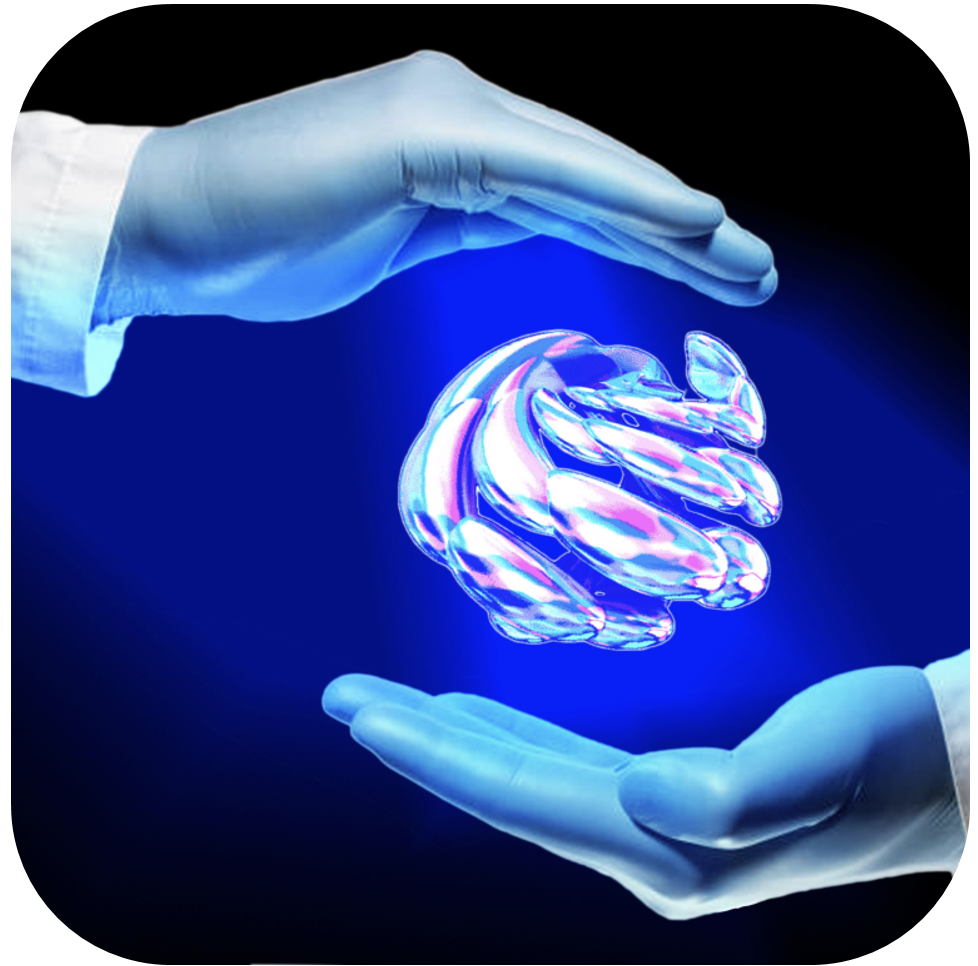
Holistic health refers to the health of the whole person, encompassing five key dimensions – physical, emotional, social, mental, and spiritual well-being. There is a large and growing body of evidence that supports that the intake of certain nutrients, food groups, and dietary patterns positively influences health and promotes the prevention of non-communicable diseases. The development of strategies that enable individuals to change their dietary behaviour and promote a great awareness of the link between diet and health is needed.
–How can we increase whole grains, fruits, and vegetables while decreasing salt intake?
–How can we enable people to make healthy food choices?
–Can we develop personalized approaches to enable people to make healthier choices?
–How can we develop new and innovative approaches to communicate the benefits of food?
Rethinking The Food Chain in Our Environment
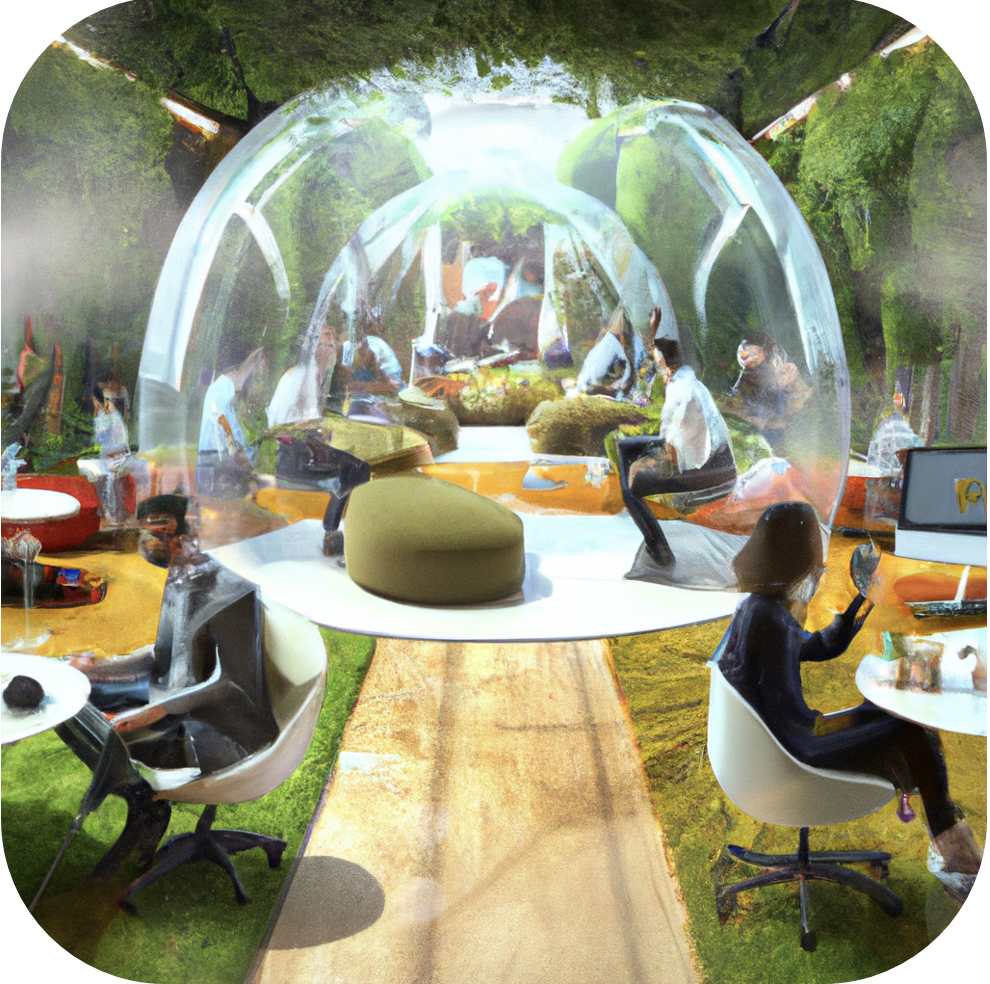
We need to reshape food supply chains to stay resilient during and beyond current environmental, political, and economic crises. Components of the food chain involve production, handling and storage, processing and packaging, distribution, retail, consumers, and waste.
–Can we develop new innovations to reduce food waste?
–Can short supply chains play a role?
–What innovations are needed to support food security for all?
